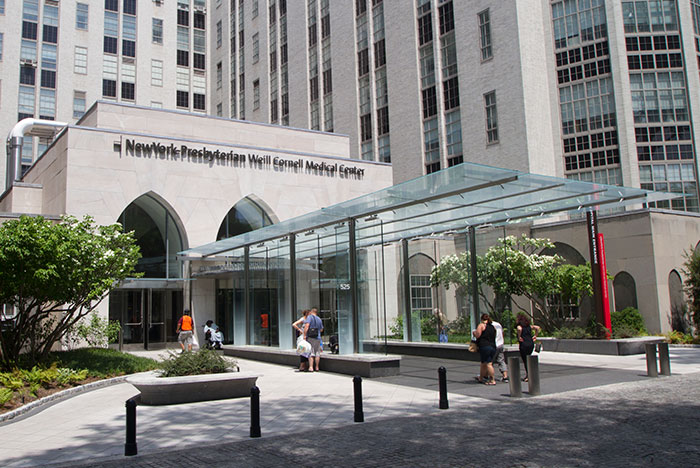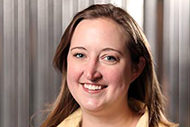
ASHE awarded New York-Presbyterian Hospital the 2016 Excellence in Health Care Facility Management award in celebration of National Health Care Facility and Engineering Week.
New York-Presbyterian Hospital, New York City, won the 2016 Excellence in Health Care Facility Management Award for its enterprisewide space and asset management system.
The award, presented by the American Society for Healthcare Engineering (ASHE) of the American Hospital Association and sponsored by Trane, was announced during National Health Care Facility and Engineering Week that ends Saturday.
The hospital has saved approximately $3 million through the project and has seen a 30 percent decrease in the number of existing or potential physical environment deficiencies. The health system comprises a 2,515-bed academic medical center that includes six campuses and 10 million square feet.
The Excellence in Health Care Facility Management Award recognizes individuals or facility management departments that implement new or innovative programs or processes to optimize the physical environment and improve patient care.
The facilities team at New York-Presbyterian created a system to improve the reliability of its environment of care, the patient experience and operational efficiencies.
The staff achieved that by merging three disconnected management applications — space utilization, patient experience and regulatory asset management — into a single integrated system, says Joseph Ienuso, the hospital's group senior vice president for facilities and real estate.
He credited a collaborative effort by the facilities staff and its IT technologists for finding a way to integrate space and asset management data within the health system’s six hospitals with any regulatory requirements or possible deficiencies.
“The staff started to tag those elements in the new asset management system which integrated the asset management side and the space management side with regulatory,” he says.
Identifying potential points of regulatory failure within the system’s facilities are part of the staff’s daily routine, he explains. “It’s always better to avoid a deficiency than to repair or mediate a deficiency.”
Even though there’s an important connection between facilities staff and patients, staff members sometimes lose sight of that relationship, Ienuso says. Receiving the award from ASHE helped to re-establish that connection and renewed their pride in their work.
“This type of recognition by ASHE lifted the spirits of our facilities team and will be helpful to operations teams across our sector,” he addss.





